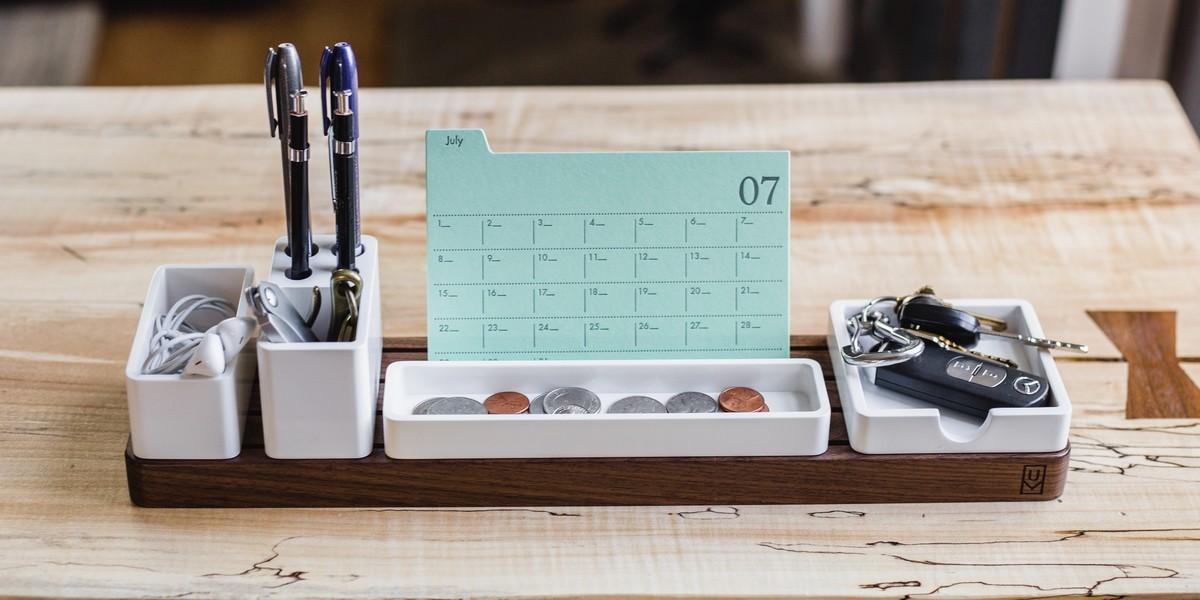Having to do your own tax return is one of the ‘catches’ that comes with being self-employed. Whilst you might love working for yourself, few business owners jump for joy when the taxman comes calling. There’s the fact that you’re giving away a significant chunk of your earnings, but, there’s also the time and effort spent putting together your tax return. Particularly for new business owners, unfamiliar with the Self-Assessment process, this can be – excuse the pun – a taxing ordeal.
Unfortunately, being new to the process is not an excuse HMRC will accept if you end up missing the 31 January deadline for Self-Assessment submissions. Nor will “the dog ate it” or “my wife has been seeing aliens” – just some of the bizarre excuses HMRC receive every year in relation to late submissions and expense claims. Instead of sympathy, you’ll receive an automatic £100 fine with further incremental penalties that accrue depending on how late your return is.
The good news is that more people seem to be getting the message.
There has been a 16% fall in the numbers missing the Self-Assessment deadline from 2015 to 2018. AAT has calculated that if the current rate of decline in late returns continues then that number could reach zero by 2022.
“The number of late returns declining is due to more awareness amongst those who have to fill in self-assessments, of when the deadline is and what they need to do,” says Brian Palmer, AAT Tax Policy Advisor. “The introduction of Making Tax Digital could also help businesses and individuals get in a greater mindset of filing on time, as the system could send reminders to people of when their return is due.”
With the advance of computerised accounting software and Making Tax Digital potentially making tax administration more efficient and effective, business owners will claw back valuable time to work on more profit-generating activities. That’s an exciting prospect. Think of all the wonderful activities you could be diverting your energy to? And all the extra money you could be making as a result?
Can you see where we’re heading with this? Yes, here are seven ways you could use that time to boost your business.
Get marketing
There are endless ways to promote and market your business, from the low-cost to the extravagantly expensive. But, just like in everyday life, once you’ve settled into a tried-and-tested routine it’s easy to stop exploring those endless possibilities. And by doing that, you might be missing out. Last year we came up with 43 low cost and free marketing ideas. Some of these are absolute no-brainers; they’ll cost you nothing and could make a big difference to your profits. Use some of the time you’ve got back to implement and test different marketing tactics.
Get evaluating
Too often we’re in such a race that we don’t make the time to take stock and evaluate. But, it’s an essential activity. For example, that might be looking at your marketing and assessing what gives you the best ROI. It might be going over feedback from customers and staff and putting in new procedures. It might be looking at your own day-to-day activity and establishing where is the best use of your time. Whatever it is, use the extra time to book in regular evaluation sessions so you can refine your activity.
Get paid
News flash: Late payments are a huge issue for small businesses. And, well, every business. But small businesses are much more exposed to the cash flow issues late payment can cause. Whilst help is needed from the government to clamp down on offenders, there are procedures you can put in place that will increase your chances of getting paid on time, every time. We’ve put together some guidance around preventative measures, from payment terms to improving your follow-up process. Use this extra time to review and revamp your credit control process. A free business account could help with this.











